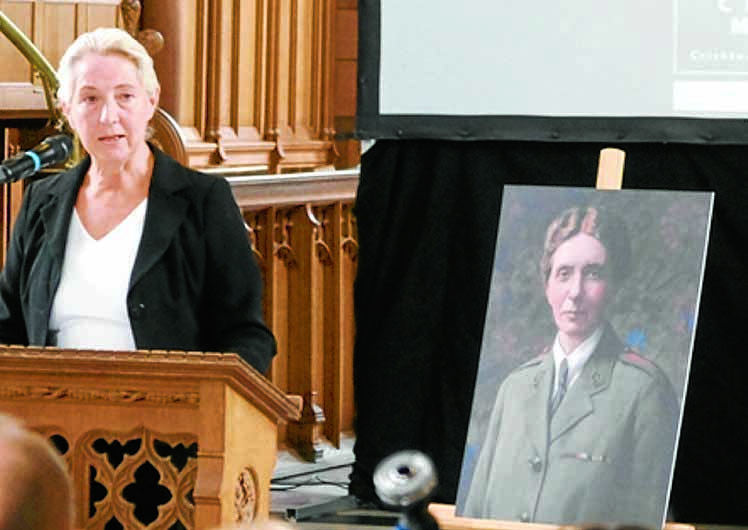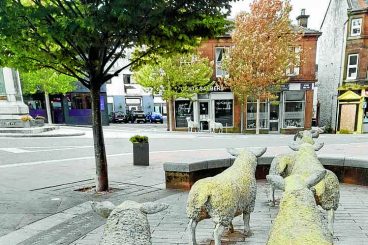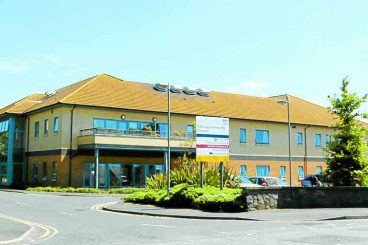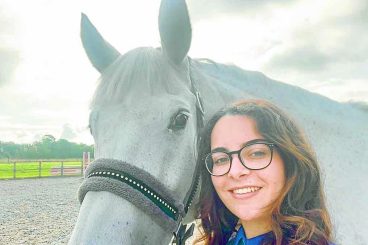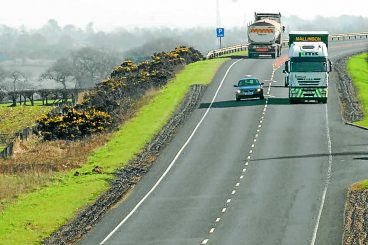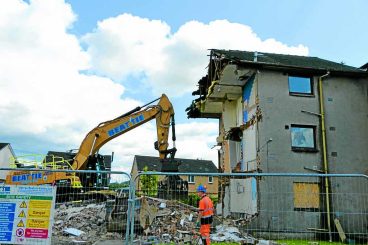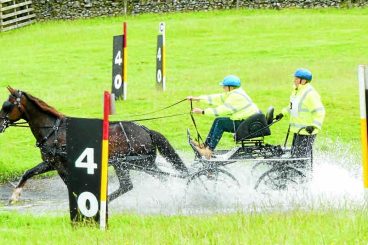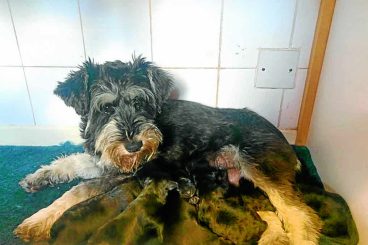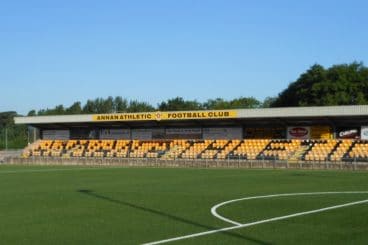A CEREMONY was held in the Crichton Memorial Church marking the 100th anniversary of the death of pioneering doctor and suffragette Flora Murray.
Dr Heather Currie MBE, a locum consultant gynaecologist at Dumfries and Galloway Royal Infirmary, led the tributes, recognising Dr Murray’s medical achievements.
She said: “I feel ashamed that I was not aware of this amazing lady and her connection to this area, despite living and working in Dumfries and Galloway for 40 years. I am very thankful to the team for bringing her life to our attention and arranging this event to finally give her the local recognition which is so much deserved and long overdue.
“I am eternally grateful to Flora for all that she did – not only to change women’s role in medicine, but also their role in society – and for all her dedication, hard work, commitment, as she faced huge obstacles and challenges.
“Her work, and that of others paved the way to make it eventually easier for women to contribute equally, without prejudice or discrimination. More than 60 per cent of medical students in UK are now women and I can say personally that since becoming a doctor I have never felt at a disadvantage from being a woman.
“We still need people like Flora who can identify injustice, face obstacles without giving up, and follow their gut instincts and heart when something is wrong, not just accept that something has always having been done that way. She embodied the suffragette motto of ‘Deeds not words’.”
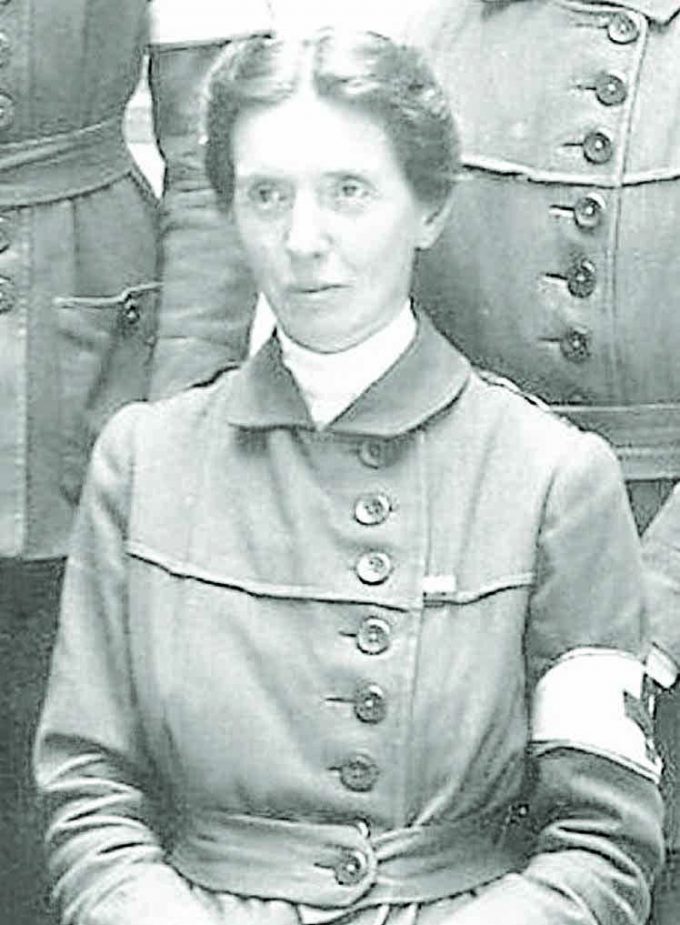
The ceremony also included addresses by Lord Lieutenant of Dumfries Fiona Armstrong, humanist celebrant Lindsey Mason Ross and Andrew Morton, a reader at Dr Murray’s family church, Dalton Parish Church. The Cairn Chorus Choir performed along with piper Lani O’Neill.
Dr Murray was born in Murraythwaite House near Dalton in 1869. She attended the London School of Medicine for Women then in 1903 went to work as a medical assistant at the Crichton Royal Institution, which was a hospital for people with mental illness.
With her partner, Dr Louisa Garrett Anderson, she joined the women’s suffrage movement, founded the Women’s Hospital for Children in London in 1912, and provided medical support to the suffrage movement.
On the outbreak of war in 1914, Drs Murray and Anderson founded the Women’s Hospital Corps, and within six weeks of their arrival in Paris they opened the doors of a new hospital.
Event organiser DJ McDowall commented: “When the first patients arrived in this hospital, they were very alarmed to see that it was mostly staffed by women. But very soon they had developed a huge amount of respect for the staff at the hospital.”
In 1915 the doctors and their staff moved to London to run the Endell Street Military Hospital.
Over the course of the war 50,000 seriously wounded British, Commonwealth and Imperial soldiers were treated at Endell Street and in Paris and Wimereux. Dr Murray used what she had learned at the Crichton including setting up a library for patients and using arts and crafts to help their recovery.
Both women were awarded the rank of Commander of the Order of the British Empire (CBE) for their work with the Women’s Hospital Corps. Dr Murray rose to be a lieutenant-colonel in the Royal Army Medical Corps, the highest-ranked woman in the British armed forces.
She died aged 54, while Dr Anderson passed away in 1943.





